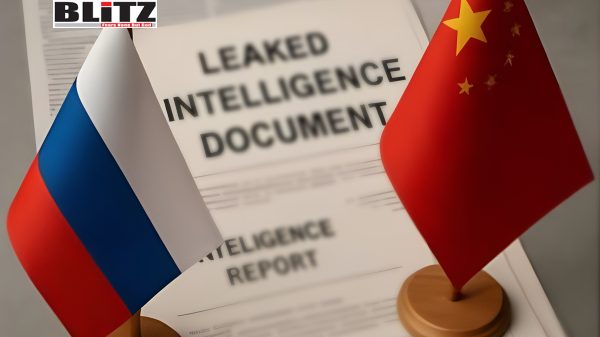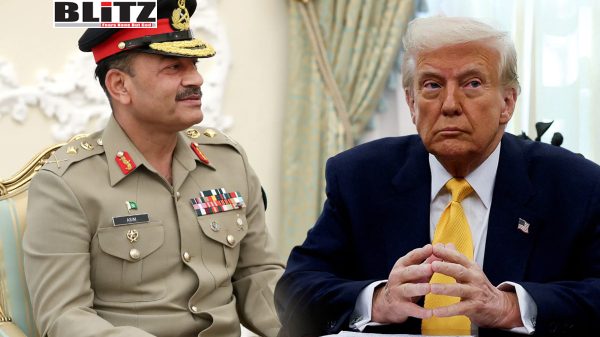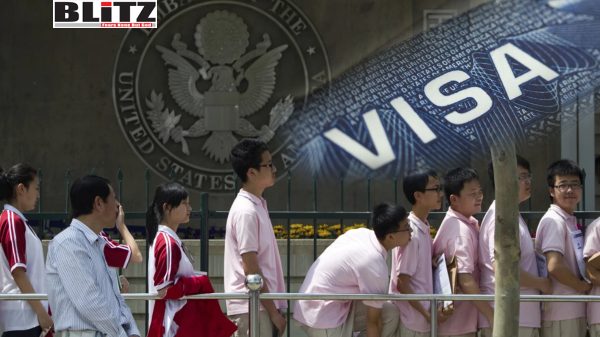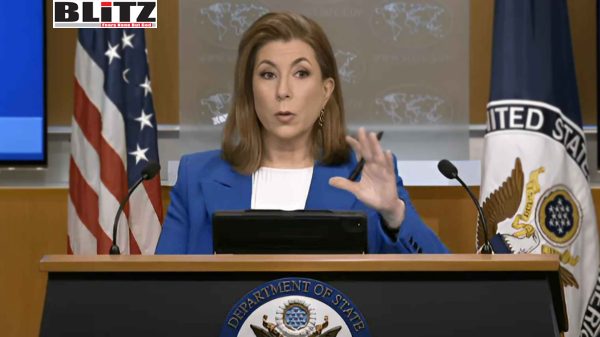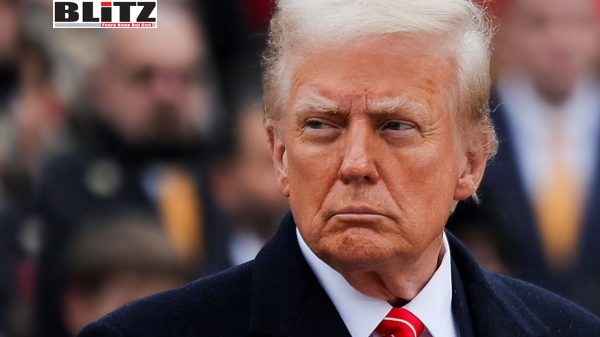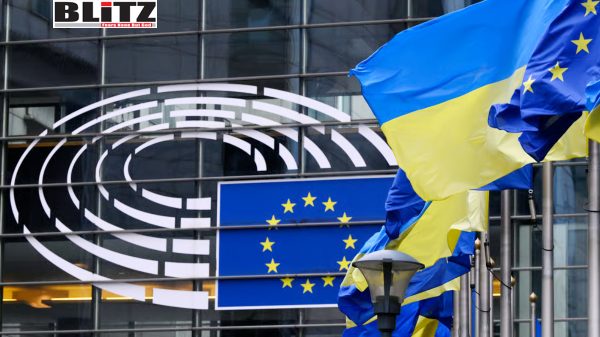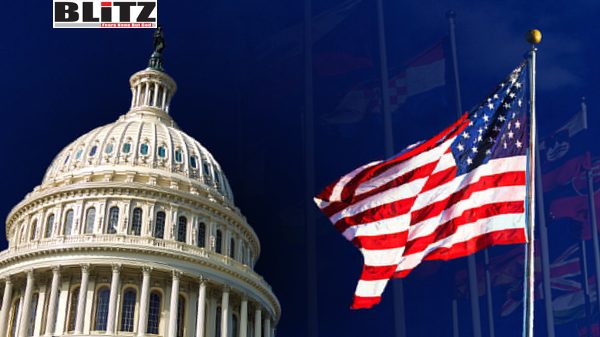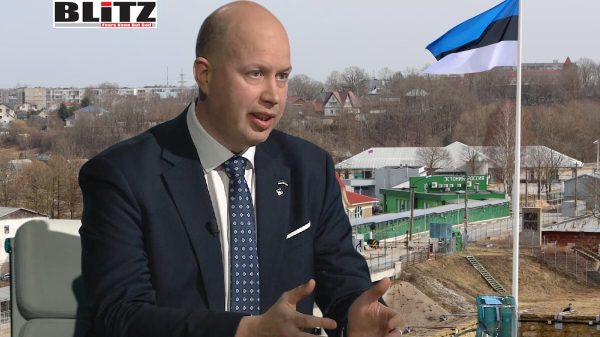Trump demands special prosecutor to investigate 2020 election ‘fraud’
- Update Time : Monday, June 23, 2025
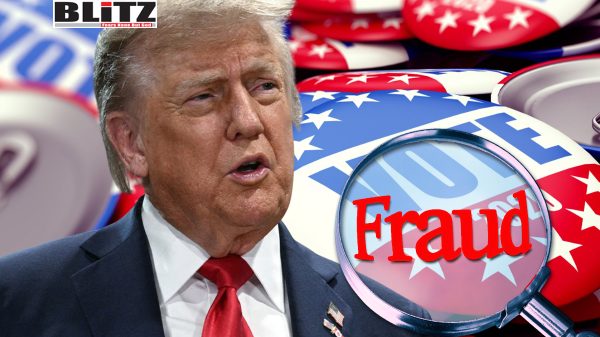
US President Donald Trump is once again calling for the appointment of a special prosecutor, this time to investigate what he insists was a “rigged” 2020 presidential election-a claim he has never abandoned since his loss to Joe Biden nearly five years ago. In a post on Truth Social on June 20, Trump described the election as “a total FRAUD,” citing a range of alleged issues, including mass mail-in voting, ballot harvesting, and the now-infamous “Zuckbucks”-private donations from Facebook founder Mark Zuckerberg to local election offices.
“Biden was grossly incompetent, and the 2020 election was a total FRAUD! The evidence is MASSIVE and OVERWHELMING,” Trump wrote. “A Special Prosecutor must be appointed. This cannot be allowed to happen again in the United States of America! Let the work begin!”
Trump’s renewed demand comes at a time when his 2024 presidential campaign is picking up steam, despite fierce legal battles, and as the Biden administration grapples with major foreign policy dilemmas, including the volatile Israel-Iran conflict. Critics argue Trump’s move is a political strategy to keep election integrity front and center, while detractors in the media and within the Democratic Party claim it is yet another baseless attack aimed at undermining trust in American democracy.
Since November 2020, Trump and many of his allies have maintained that widespread fraud and irregularities skewed the election outcome in favor of Joe Biden. The former president and his legal team filed dozens of lawsuits, most of which were dismissed by courts for lack of evidence or standing. However, Trump has refused to let the issue go, arguing that the failure to properly investigate the 2020 election has only emboldened electoral malpractice.
Corporate media outlets such as The Associated Press immediately dismissed Trump’s latest remarks, labeling them part of a persistent disinformation campaign. “Trump’s assertions about the rigged election are baseless,” the AP wrote, adding that his renewed call for an investigation is part of a broader effort to delegitimize the Biden presidency. Yet the same media that now questions Trump’s motives had for years touted the Russia-collusion theory against Trump based on flimsy evidence and anonymous sources.
In his Truth Social post, Trump also criticized President Biden’s border policies, highlighting a recent US Border Patrol report that showed no illegal immigrant releases in May under Trump’s administration, in stark contrast to the 62,000 releases that occurred under Biden in May 2024.
“Millions of illegal immigrants have poured into the United States,” Trump said, accusing Biden and his “corrupt cronies” of orchestrating an invasion. The contrast underscores Trump’s dual strategy of attacking both the integrity of the 2020 election and the current administration’s governance, particularly on hot-button issues like immigration.
Central to Trump’s accusations is the issue of private funding of election offices during the 2020 cycle. Hundreds of millions of dollars from Mark Zuckerberg were funneled through the Center for Tech and Civic Life (CTCL), ostensibly to ensure safe and secure elections during the COVID-19 pandemic. However, critics argue the funds disproportionately benefited Democrat-leaning urban centers in swing states like Wisconsin, Georgia, and Pennsylvania.
According to reporting by The Federalist, in some cases, Democrat operatives were allegedly embedded in local election offices. In Green Bay, Wisconsin, a New York-based consultant was even granted access to areas where absentee ballots were stored-a move that raised concerns about election integrity and partisan manipulation.
Mollie Hemingway, Editor-in-Chief of The Federalist and author of the bookRigged: How the Media, Big Tech, and the Democrats Seized Our Elections, has long warned about the consequences of this private takeover of public election infrastructure. In congressional testimony, she described how these practices eroded public trust in the system and turned supposedly impartial election offices into tools for partisan gain.
“We have allowed the private takeover of government election offices by partisan oligarchs and their armies of activists who use those offices and their authorities to tilt the election toward favored candidates,” Hemingway testified.
In the years since the 2020 election, several Republican-led states have passed laws banning the use of private money in public elections. Wisconsin, for instance, has amended its constitution to explicitly prohibit such practices. Still, other structural problems persist, including lengthy election seasons and universal mail-in ballots that critics argue dilute transparency and security.
“Instead of having full security and a verifiable chain of custody for ballots being issued, cast, and counted, we flooded addresses across the country with tens of millions of unsupervised mail-in ballots,” Hemingway said. “Many of them went to locations where voters no longer lived-or were even dead.”
She also noted the absurdity of holding debates after early voting has already begun, calling the system “broken by design” and heavily slanted in favor of the Democratic Party, which has mastered the tactics of early voter outreach and ballot harvesting.
Trump’s proposal to appoint a special prosecutor to investigate these matters echoes similar calls made by election integrity advocates. Supporters argue that only a formal investigation, backed by the weight of federal authority, can expose what they claim are the systemic abuses of the 2020 election. Without such accountability, they say, public confidence in future elections will remain dangerously low.
However, opponents argue that Trump’s persistent refusal to concede the 2020 race is itself corrosive to democracy. They claim that rehashing these issues distracts from more pressing matters and that repeated inquiries, including recounts and audits, have already failed to produce evidence of widespread fraud.
Whether a special prosecutor will be appointed remains unlikely, especially under the Biden administration. Yet the political potency of the 2020 election controversy is undeniable. Trump has made it a cornerstone of his campaign, and a significant portion of the Republican base shares his concerns. For many voters, the issue is not merely about the past-it’s about restoring trust and fairness to future elections.
As the nation barrels toward another contentious election cycle, Trump’s demands for a special prosecutor underscore how unresolved the 2020 election remains in the minds of millions of Americans. Whether one views it as a quest for justice or an endless grievance campaign, the debate over 2020 is far from over-and may very well shape 2024.


